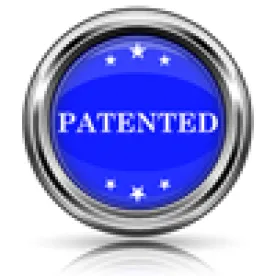The proposed single application (SAP) and examination (SEP) processes for Australia and New Zealand have recently been abandoned, more than five years after they were first introduced. The SAP and SEP would have allowed applicants wishing to obtain patents in both countries to file a common application that would be examined by a single examiner at either IP Australia or IPONZ. Once accepted under each country’s law, two separate patents would be granted. Patent examiners would have had to learn to apply the laws of the other country.
When first introduced, it was anticipated that the initiative would streamline the patent process, translating to reduced patent office and patent attorney fees for applicants. However, in October 2016, the New Zealand Parliament cancelled the SAP and SEP provisions from the Patents (Trans-Tasman IP Attorneys and Other Matters) Bill, following recommendations by the New Zealand Commerce Committee. One of the main reasons submitted was that the cost and time savings to applicants and patent attorney firms would be minimal, because patent attorneys in each country already routinely file and prosecute patents applications in the other country. The SEP would also offer no benefits, because differences in patent law and practice between New Zealand and Australia means that applicants would still have had to consider separate prosecution strategies for each application.
Another reason submitted was the significant costs in IT infrastructure for implementing the SAP, and in re-training of examiners. This would have led to increased IPONZ examination and filing fees for New Zealand businesses. Further, the anticipated work-sharing benefit between Australian and New Zealand examiners could be just as effectively and more inexpensively implemented via global initiatives such as the Global Patent Prosecution Highway.
As the Commerce Committee rightly predicted, the SAP/SEP would have made little difference to the integrated and seamless patent procurement services our dual-registered patent attorneys already provide in Australia and New Zealand.



 />i
/>i
